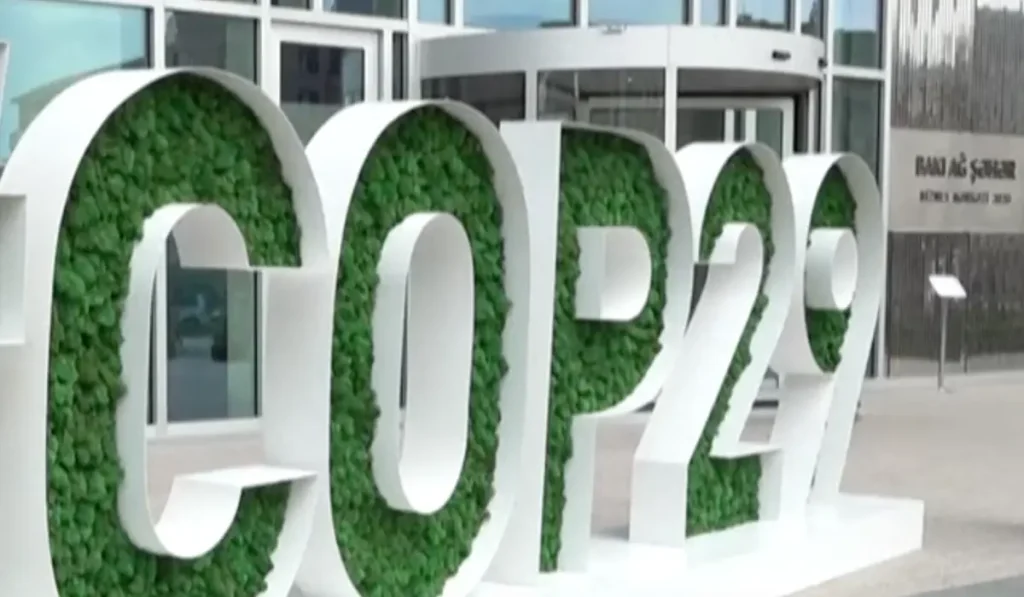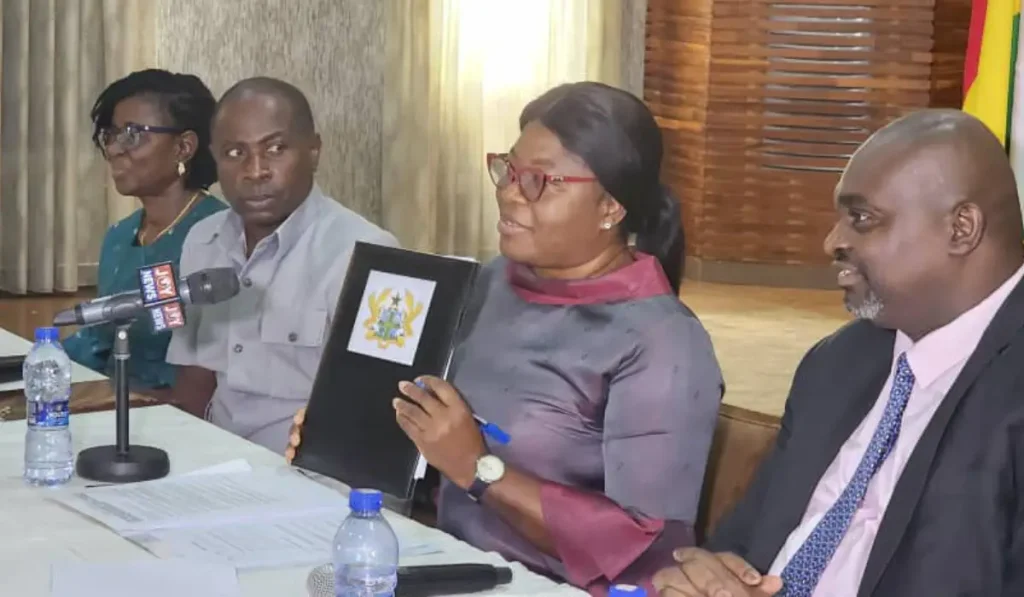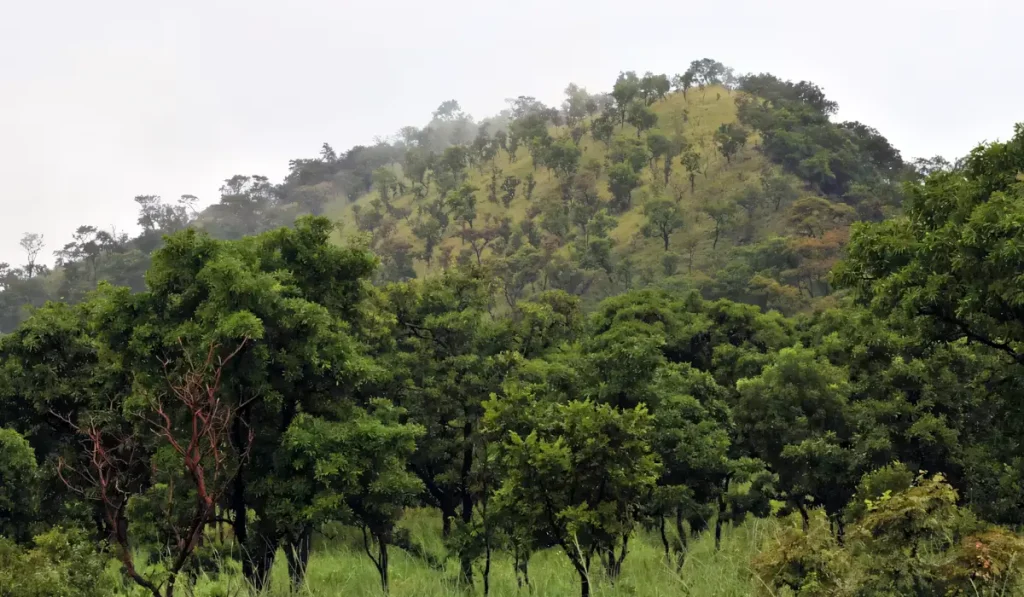The African Carbon Markets Initiative (ACMI) was launched at COP27 in November last year, with the ambition of having at least 300 million carbon credits from projects on the continent retired annually by 2030. It is thought that this will unlock US$6 billion in income and support 30 million jobs. If successful, the initiative can help African countries harness their own market opportunities to supplement domestic revenues for climate policy and NDC implementation.
African countries have long expressed an interest in the use of the carbon market as a means of generating additional revenue for these purposes, but has struggled to fully penetrate both regulated and unregulated markets for a host of reasons. These include the historic price volatility of the market, and the cost of project implementation. Further, it has been argued that many of the climate benefits Africa provides don’t fit into current carbon credit methodologies. Of the total credits issued from 2016 to 2021, approximately 11% are African countries, with most associated with a handful of large projects. In 2021, Africa credits were just 15% of the global traded volume. The benefit of ACMI is that it seeks to drive a unified approach to addressing some of the structural reasons underpinning some of the market challenges the continent has faced.
On 16 January this year, during its Steering Committee meeting at the Abu Dhabi Sustainability week, ACMI launched 13 action programmes to achieve this goal. These action programmes seek to deepen the continent’s participation in the carbon market through:
- The launch of country activation plans for a number of countries;
- Advancing market commitments with an ambition of up to $1 billion for the purchase of high-integrity African credits.
- Developing projects based on new methodologies and the realities of Africa such as diesel replacement credits and biodiversity credits.
So far the level of high level political engagement in steering ACMI is relatively low, with only Nigeria’s Vice President Yemi Osinbajo having representation on the Steering Committee. That said, Kenya’s president Ruto has expressed support for the ACMI during its launch at COP27 last year, highlighting the need for a “robust, transparent and sustainable mechanism” for carbon markets. A further seven African nations have also signed up to develop country carbon activation plans including Kenya, Gabon, Malawi, Mozambique, Togo, Nigeria, and Burundi. ACMI is supported by the UNFCCC High Level Champions and the UN Economic Commission for Africa.
To date, the East Africa Alliance on Carbon Markets and Climate Finance and the West Africa Alliance on Carbon Markets and Climate Finance have been the only two regional bodies to have gained some traction in advancing African carbon market interests. There is no Southern regional body. A more coordinated and focused continental effort pursued by ACMI, if well executed, could be transformational in catalysing market approaches, particularly the implementation of Article 6 mechanisms progresses and as countries look for alternative forms of climate finance. If it is to be effective, however, it will be important for more African countries to gain representation on the Steering Committee and for there to be vested support by a wider mix of African member states. Not only will this be externally influential but it may also drive reforms with some of the existing carbon market standards, for example representatives of the ACMI Steering Committee also include the influential Integrity Council for the Voluntary Carbon Market as well as VERRA.






